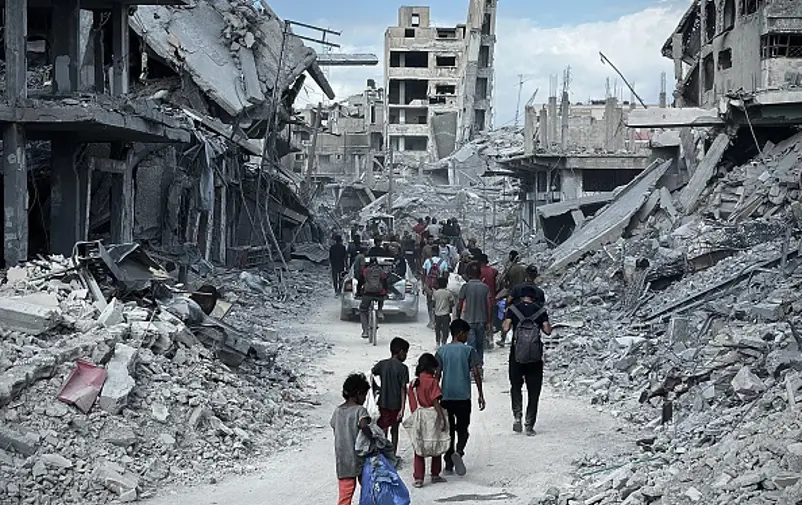The Transition to a Just Order – Establishing Local Ownership after Conflict
A functional rule of law is fundamental to peace and conflict. Establishing it however, is a long and demanding process. This policy report makes recommendations that might assist international policy makers and planners in the many decisions that need to be taken in the process towards local ownership.
The breakdown of the rule of law is not only a consequence of conflict. It can also be a cause of conflict. While a conflict situation may be stabilised in the short-term, long-term security depends on the establishment of a functioning rule of law.
Establishing a functioning rule of law, including the necessary institutions, skills and culture, is a long and demanding process. Ultimately, the task of running, staffing and further developing rule of law institutions will fall to local authorities. However, local ownership cannot be treated as an absolute, but must be implemented to different degrees that range from local acceptance and support for the reform process to local control over decision-making.
This policy report makes recommendations that might assist policy makers and planners to decide how, where and when local ownership should be promoted, where it may not be an option, whether different circumstances call for different types of strategies for transition and which factors should be taken into consideration in decision-making and planning.








 >
> >
>

